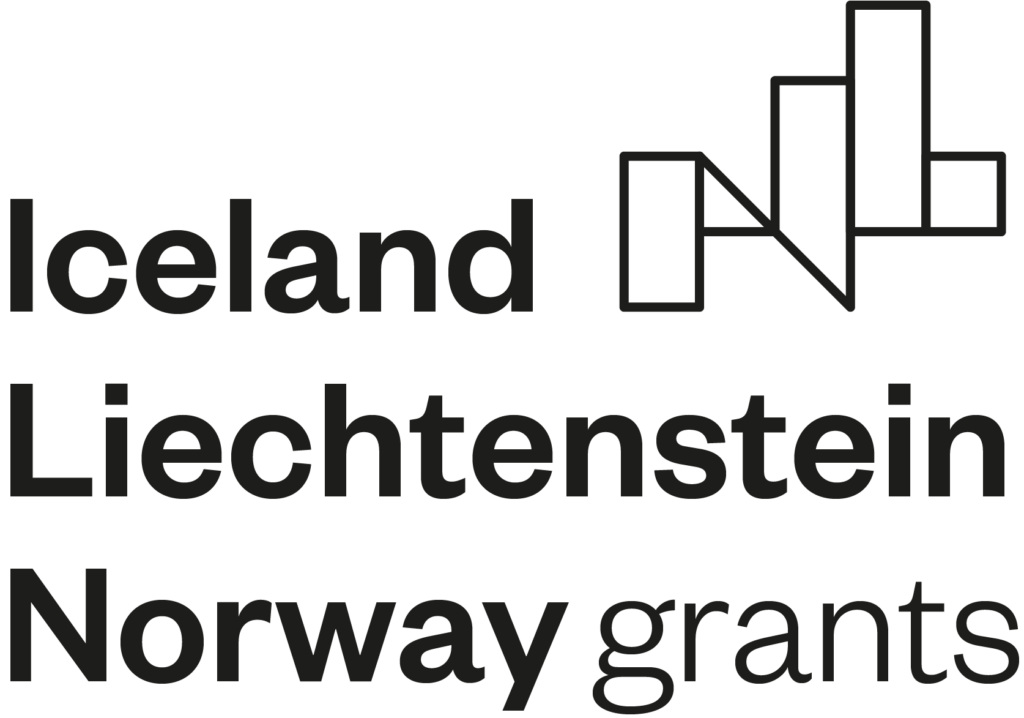PROJECT TITLE
Healthy berries in a changing climate: development of new biotechnological procedures for virus diagnostics, vector studies, elimination and safe preservation of strawberry and raspberry
PROJECT CODE
TO01000295
GRANT
EEA Grants and TA CR
Funding: 37 730 480 CZK
About the project:
Main goal is to increase the production potential of berries in a new and challenging climate by using high-quality virus-tested mother plants, improving virus control approaches, well-study of associated vectors, and better safeguarding of valuable plant germplasm and plant health. The research objectives will be: 1) Diagnostics and genetic characterization of strawberry viruses in Norway and raspberry viruses in the Czech Republic and Norway using HTS and PCR 2) Identification of potential vectors of viruses in the field 3) Production of high-quality virus-tested nuclear stocks and safeguarding plant health and genetic resources by cryopreservation. 4) Long-term preservation of “living” virus-isolates and their genomic sequence in liquid nitrogen.
2021
A total of 13 different viruses, including two novel species, were found in 44 raspberry plants tested by high-throughput sequencing. A further 421 raspberry samples, and 185 and 36, samples of aphids and other invertebrates, respectively, were collected and some samples were tested for the virus presence. Viruses were detected in both plants and invertebrates. Furthermore, a new kit for the detection of five known raspberry viruses by real-time PCR has been developed and is being validated. A cryopreservation procedure was tested for two raspberry genotypes. Using PVS3 vitrification solution, a recovery of over 50% was achieved in both genotypes.
2022
Data from NGS_2021 were verified by RT-PCR, q-PCR, Virus-detect kit, Sanger sequencing. A new raspberry enamovirus was found in both countries. An additional 241 raspberry and 148 strawberry plants were sampled. In BC tested invertebrates for viruses from 168 samples. At NIBIO, they conducted studies of mites and thrips and tested 107 aphid samples. Validation of a new kit for the detection of four raspberry viruses was carried out and the procedure was described in the certified methodology. Tissue cultures of infected raspberry and strawberry plants were established, attempts were made to recover them using “cryoknife”. Cryoconservation was initiated.
Beneficiary and project partners:
Biologické centrum AV ČR, v. v. i.
Jan Holub s.r.o.
Norwegian Institute of Bioeconomy Research (NIBIO)
Výzkumný ústav rostlinné výroby, v.v.i.
VÝZKUMNÝ A ŠLECHTITELSKÝ ÚSTAV OVOCNÁŘSKÝ HOLOVOUSY s.r.o.

The NOBERRYVIRUSCZ project benefits from a € 1.5 mil. grant from Iceland, Liechtenstein and Norway through the EEA Grants and the Technology Agency of the Czech Republic.
The project is carried out under the KAPPA funding programme for applied research, experimental development and innovation, managed by the Technology Agency of the Czech Republic.
